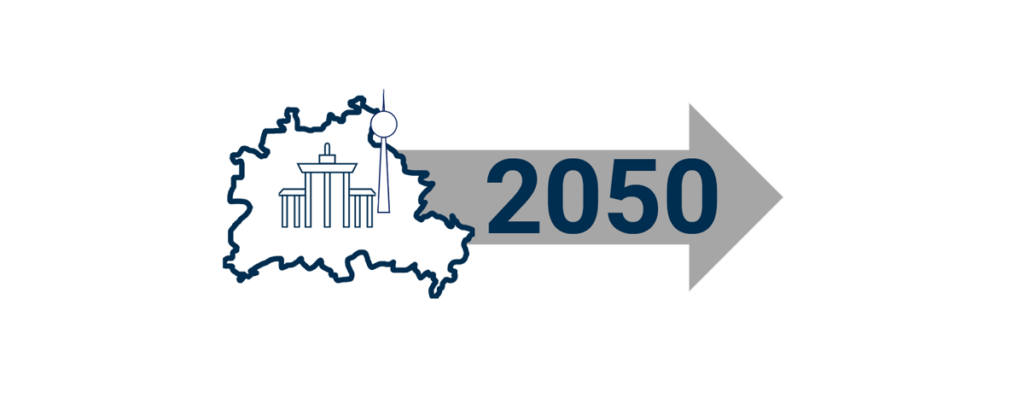Berlin’s contribution to the Paris Agreement Goals
August 4th | The federal state of Berlin is to become “pariskonform” by the year 2050 at the latest! In this context, the RLI is investigating the possibilities of the federal state of Berlin for reducing CO2 emissions in the transport sector.
The Paris Convention is the successor to the Kyoto Protocol. It was signed on 12 December 2015 at the UN Climate Change Conference (COP21) by 195 countries and includes a global action plan to limit global warming to well below 2°C, preferably 1.5°C compared to pre-industrial levels. To achieve this goal, each country must take measures to reduce its CO2 emissions.
Sectors in which Berlin can saveCO2
In ordert o be able to make ist contribution regarding CO2 reduction, the federal state of Berlin must also become active. Within this feasibility study, appropriate and at the same time reasonable reduction targets for metropolitan areas in industrialized countries – such as Berlin – are to be defined. To this end, the project partners will develop scenarios for the following fields of action: Energy, Buildings, Traffic, Economy, Private households and consumption.
Specifically, the project partners are looking for such measures in all fields of action that are associated with very rapid change. Their respective proposals should make transparent which changes would be necessary, which are possible, and which consequences would result from the respective measures.
Transport sector has great potential for reducing emissions
The RLI will examine the field of action transport – a sector that has contributed very little to the reduction of CO2 emissions to date and which has a correspondingly high potential. The volume of traffic in Berlin and the forecast development of the individual modes of transport, such as air travel, motorized private transport, public transport, inland waterways, cycling, and walking, will be analyzed. In accordance with the scenarios for 2030, 2040, and 2050, a CO2 budget for the transport sector is calculated and it is examined which measures, such as the expansion of public transport and cycling or the spread of e-mobility, could be used to achieve these goals.
For all fields of action, workshops with experts for the respective fields of action will take place during the project period, in which they will be able to make assessments of the possible measures. The project is led by the Institute for Ecological Economy Research (IÖW). Other project partners besides RLI are BLS Energieplan GmbH, LUP – Luftbild Umwelt Planung GmbH, and IFOK GmbH. The study is funded and commissioned by the Berlin Senate Department for Environment, Transport and Climate Protection.
